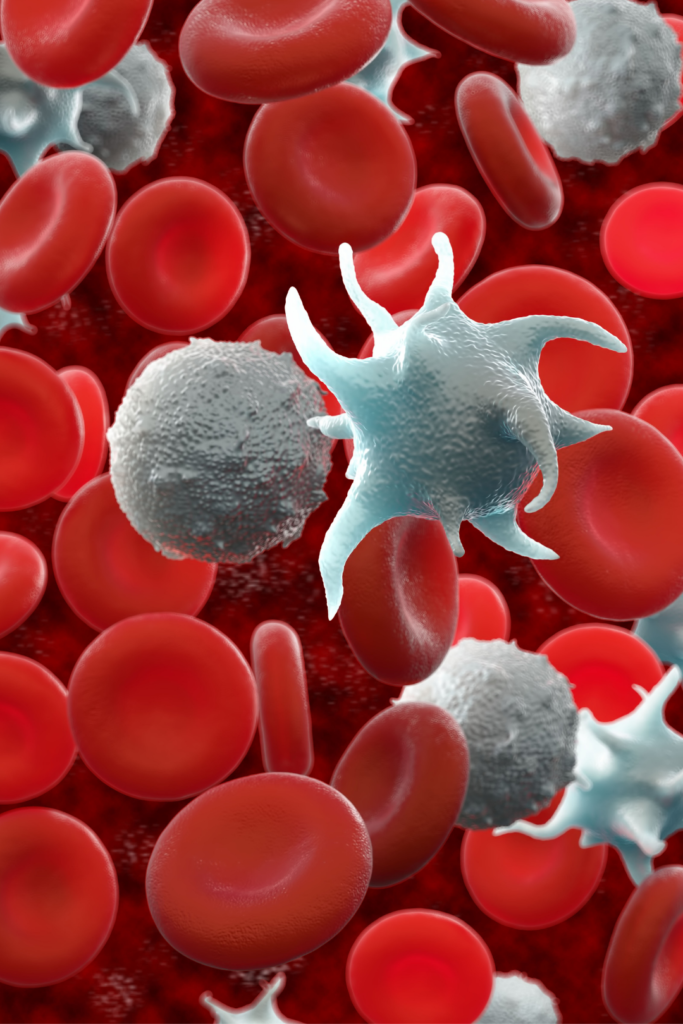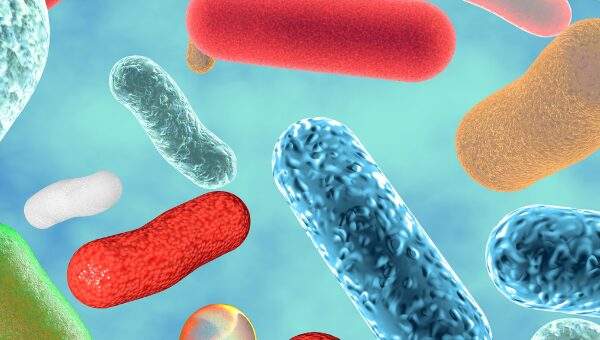The gastrointestinal (GI) tract is the engine of the body. It extracts nutrients from the food we consume and delivers energy to every cell of the body. It is a specialized, incredibly complex system, and every part plays a crucial function. A healthy gut produces vibrant energy, a strong immune system, a sharp mind, and a glowing complexion. An imbalanced gut is inflamed, and all aspects of our health suffer.
Your GI tract is responsible for absorption of nutrients, and acts as a barrier against the harsh external environment. It houses a highly complex ecosystem containing trillions of microorganisms.
Bacterial imbalance, pathogenic infections, and chronic inflammation all wreak havoc on our digestive system, causing uncomfortable and embarrassing symptoms, depleting our energy and contributing to chronic conditions and serious disease.
Parts of the GI tract
The GI tract combines the alimentary canal that runs from the mouth to the anus, along with associated glands, chemicals, hormones, and enzymes that assist in digestion.
The GI tract is responsible for motility, secretion, regulation, digestion and circulation. The proper coordination of these processes are vital for maintaining good health by providing the function for effective digestion and uptake of nutrients.
The intestinal epithelium is the first line of defense to encounter intestinal pathogens and dietary antigens. The intestinal epithelium serves two main functions: absorbing useful substances into the body and restricting the entry of harmful substances.
Top 3 ways to protect your GI tract
- Nourish your body with food – providing energy and enhancing the function of all your vital organs.
- Consume right foods – adopting sensible eating habits, protects and strengthens our GI tract.
- Keep your colon clean – Essential for gut and immune health, keeping the colon clean ensures proper and frequent waste excretion.
Do colonics reduce good bacteria in the gut?
There are gut studies where clients report noticeable improvement in symptoms after having a colonic. Things like allergies, constipation, atopic dermatitis, psoriasis, facial eruptions and acid reflux. (ref: The Influence of Colonic Irrigation on Human Intestinal Microbiota, published April 2012.)
New advances from clinical gastroenterology testing report there are no significant differences in bacteria levels in fecal matter samples collected before or after colon irrigation treatments. There is also no tendency for changes in the proportions of gut bacterium Lactobacillales, Bifidobacterium and Clostridium.
Colon irrigation does not wipe out good bacteria!
Is constipation dangerous?
Yes! Constipation reduces gut and immune function because toxins are sitting in the gut, and leaking from the gut. We use colonics to maintain good colon function and avoid constipation.

Increased gut permeability and bacterial overload play a role in multiple organ failure – (Reported by Swank & Deitch, 1996.)
How do colonics contribute to good bacteria growth?
Cleaning our gut with colonics enhances your body’s ability to grow good bacteria. By removing waste full of toxins, we reset the PH balance in the gut, thereby allowing good bacteria to grow. Good bacteria cannot thrive in an environment full of bad bacteria. 80% good, 20% bad would be a good balance. Colonics help get you there!
Good bacteria and overall health
Research continues to uncover new ways in which good bacteria can positively impact health, expanding beyond the confines of your digestive tract.
Some researchers suggest that:
“the presence of bad bacteria in blood is a consequence of translocation from other body-sites, particularly the gastro-intestinal tract.” (Païssé et al., 2016)
Gut health is essential for maintaining good health!





No Comments